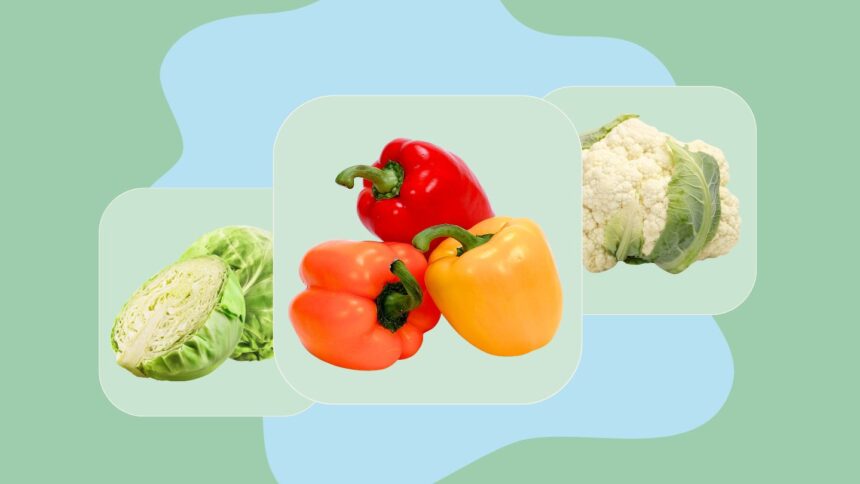Is It Safe to Reduce Vegetable Intake While on Keto?
Aiming for ketosis typically involves keeping net carbs low—often under 20–50 grams daily. Within this framework, consuming select low-carbohydrate vegetables is not only safe but also crucial for maintaining adequate nutrition and fiber intake.
Before embarking on the ketogenic diet, it’s essential to understand its typical application: short-term weight management. However, long-term use without medical supervision carries unknown risks.
“I would use caution if trying to use the keto diet as a sustainable approach,”
says registered dietitian and author Amy Kaufman.
Furthermore, while avoiding high-carb vegetables helps maintain ketosis, significantly reducing overall vegetable intake can lead to lower fiber consumption—a potential contributor to common keto side effects like constipation.
“Eating a variety of low-carb vegetables can help ensure that you meet your fiber goals,”
Kaufman notes.
“If you eat out often, travel, or socialize with friends at restaurants on a regular basis, sticking to keto can feel impossible.”
- Individuals with kidney or liver disease
- Type 1 diabetes (requires careful management and medical oversight)
- Heart conditions
- Gout sufferers
- Those who have undergone gallbladder removal
- Cancer patients or those with a family history of cancer (exogenous ketones used in keto may potentially stimulate tumor growth)
- Pregnant or breastfeeding women
- People with past eating disorders
“A person should go through a thorough medical evaluation to ensure they are an appropriate candidate for keto, followed by ongoing professional guidance.”









